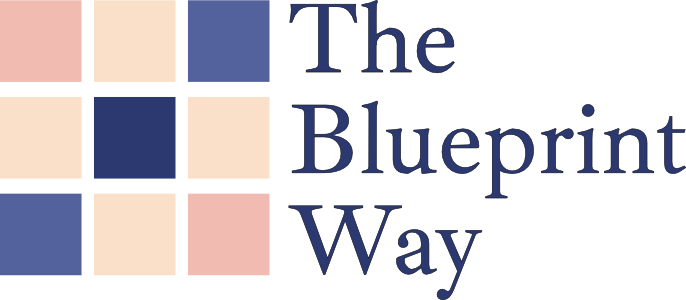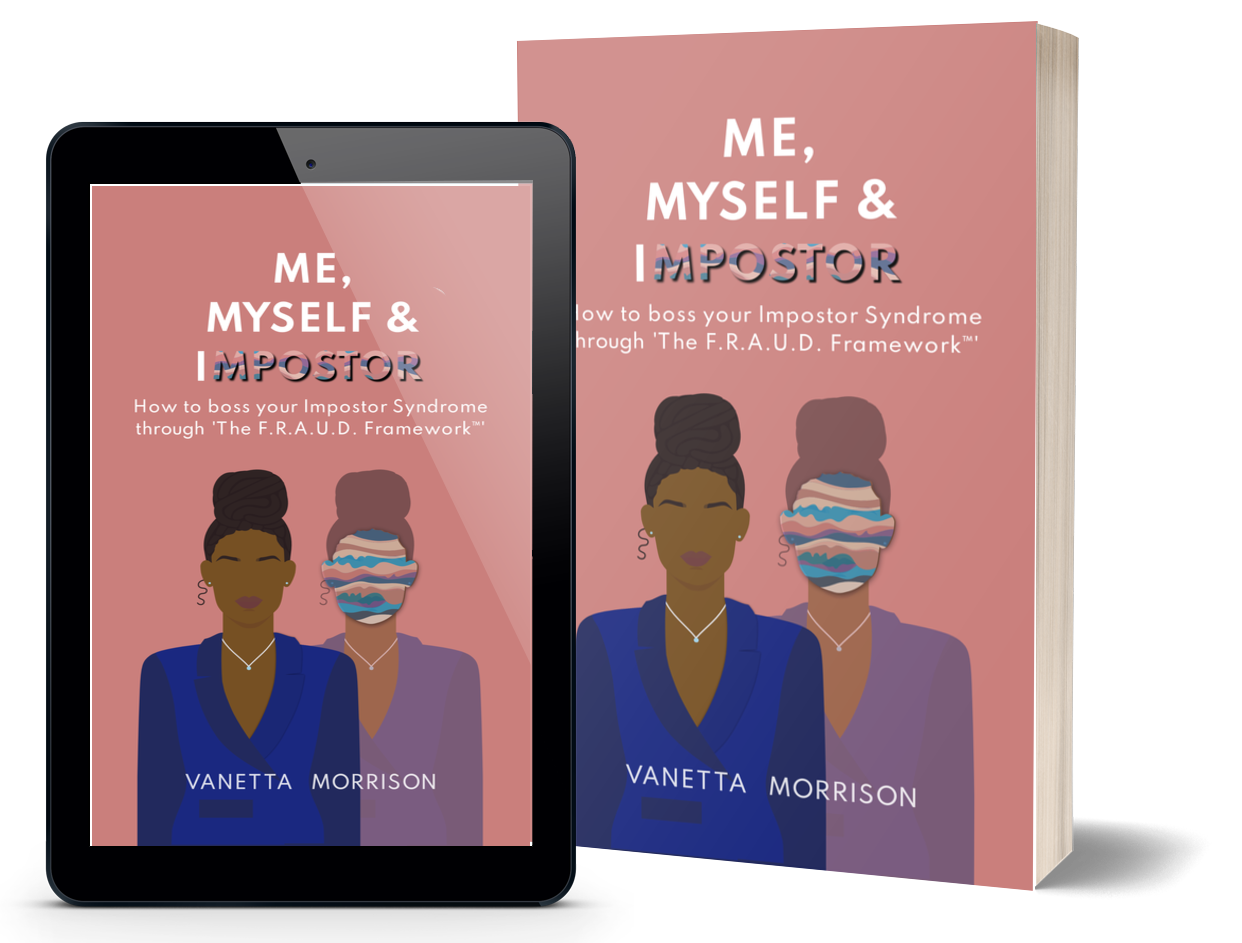To read Part 1 of this post, click here.
In part 1 of this post, we identified the existing intersection between Impostor Syndrome Types and Procrastination. This is because ultimately Impostor Types differ in the ways they define success and failure and procrastination in this context is considered a delaying of success.
So, whether your Impostor Type is a Superhero, or Expert, or whatever, your reason for Procrastination may be distinct. As a reminder, we defined procrastination as:
“…the act of consistently and unnecessarily delaying or postponing what we believe we should be doing now”
Type 3: The Thinker
This Procrastinator Type is primarily associated with the Expert and Perfectionist Impostor Types.
That’s because this type of procrastination has to do with working out what needs to be done on a logical and intellectual level first.
Reflection is the focus, because imperfect or ignorant action is to be avoided.
There’s no problem with contemplation as a step towards completion of your task, but if you end up spending most of your time contemplating and not acting, you might be suffering from analysis paralysis – the occurrence when you overanalyse and overthink a situation, to the point you can’t make a decision, for fear of making the wrong decision.
Here are a few proposals to help you get unstuck:
1. Progress first, perfection later – try and take a first step, no matter how small, towards completing the task you’ve been procrastinating. You can always go back and change it later, but unless your task affects life or death situations, imperfect action beats perfect inaction every time.
See it as an experiment or as a design process; start with something and as you inform yourself more and think about it more, it goes through different experimental cycles or design iterations.
2. Write it down – just the process of writing your reflections on your task down can lead to new insights you wouldn’t have achieved if it’s all still in your head.
This is why journaling is a such a power tool for mental health. Being able to look at what you were thinking about written down can not only stimulate your brain in a different way, it can also free up energy spent on trying to remember it all without a memory aid.
As the saying goes: “Paper never forgets”. So, just don’t lose the paper.
3. Talk it through – I know this one can seem especially daunting for those of us who don’t want to share anything with others until we find it perfect. But explaining your approach towards completing your task to someone else can also lead to further insights on how to complete it more efficiently and effectively, based on their insight. Whether it is your manager, your colleagues, your family or your friends, their perspectives may highlight blindspots in your approach or provide validation for it.
So why not plan a chat with someone who can give you informed feedback?
4. Know the S.M.A.R.T. Goal – One of the issues for both the Expert and Perfectionist Impostor Types is that they both aspire towards achieving an impossible standard of success – one is Omniscience, the other is Perfectionism. With such lofty goals to work towards, no wonder we might put off getting started and instead try to figure things out mentally first!
But without goals that are S.M.A.R.T. (specific, measurable, achievable, realistic and time bound) we set ourselves up for disappointment. Instead, look at the task you are procrastinating on and identify what successful completion of that task would look like expressed as a S.M.A.R.T. goal. Being able to quantify success can make aspiring towards it much easier.
Type 4: The Non-Committer
The final Procrastinator Type is strongly linked with the Natural Genius Impostor Type.
That’s because this type of procrastination has to do with ‘Shiny Object Syndrome’ – the desire to follow or be distracted by the next cool idea or new task, therefore not committing to the necessary task at hand.
This means you are really motivated to start something new, but procrastinate on completing tasks that don’t seem as ‘sexy’ as the new thing that’s come around.
You may start a million new projects, because you enjoy applying your competence to a new challenge and completing it effortlessly.
As an entrepreneur, visionary or creative, ideation is a desired trait, so this often not seen as a problem.
However, the problem with this Procrastinator Type is that you likely don’t follow through and finish projects, either leaving others to pick up your slack or you are left with many great ideas, but no actions to show for them.
If you are putting off doing work because of this, hopefully the following proposals can help:
1.Think Big Picture – having wrestled with this Procrastinator Type myself most recently, I completely get the allure of wanting to go after the next cool and exciting task. After all, you are already motivated to do it and your creative juices are on a high.
But it is important to remind yourself of the vision you are working towards and how the tasks you need to complete fit into that. Yes, they might not sound sexy or look shiny right now, but if they are ultimately going to lead to your vision being fulfilled, they are really important to stick to.
2. Avoid Comparison – we’ve heard it before “Comparison is the thief of joy”. As Natural Genius it is already a task to regulate your desire for new challenges and new ways to prove your competence – adding comparison to that is like adding fuel to a fire.
Unless your task is related to doing a competitor analysis, avoid comparing yourself to others, and instead focus on just doing you.
Or else, you’ll end up pursuing someone else’s vision by copying the tasks they are completing.
3. Embrace the process – Ideas are seeds and for them to really flourish into success, they require time, work and resources. Yes, new ideas are cool, but mature ideas can give you that sustainable success everyone is really after.
So embrace the fact that committing to completing a task will yield higher results in the long run, than constantly starting something new.
4. Hire a team – I’m all for locking into your unique zone of genius and not trying to be jack of all trades.
So if your strengths primarily lie in envisioning successful ideas and letting others work them out to completion, then hire a team around you that can take the baton you pass them and make something solid out of it.
Of course, it will cost you money and time to do that, but the benefit is it’s much less likely you’ll have to work on anything that you’re not excited about again.
Now What?
This blog series isn’t here to judge you, but to invite you to reflect on what procrastination might actually be costing you.
You may have different reasons to procrastinate, whether it is one of the four mentioned here or not.
No matter your reason, know that there is a consequence – it’s up to you to decide whether you can live with it or not.
If you’d like to talk it through with a coach or counsellor, feel free to book a free consultation call with me here.
Here, and honoured to help,
Vanetta


